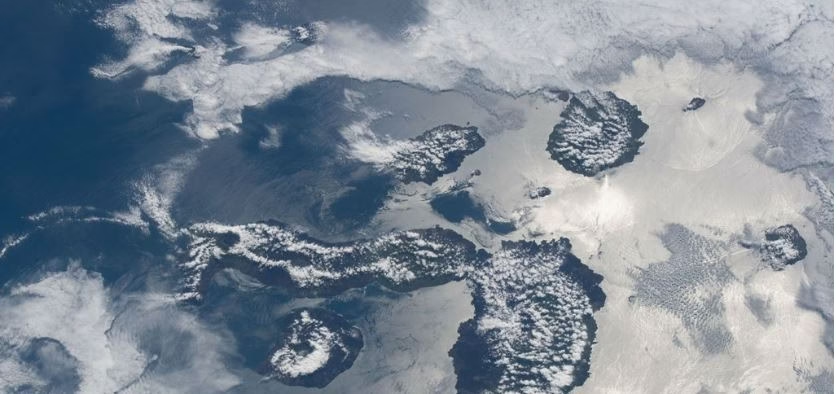
Last year was the warmest year on record. Factors that contributed to this are well known – global warming and the El Niño weather phenomenon – but that didn’t fully explain the unusual rise in temperature. Scientists from They now claim to have identified the missing piece of the puzzle: clouds.
The scientists found that the rapid increase in warming was amplified by a lack of low-hanging clouds over the oceans. As a result, the Earth becomes “darker” so that the planet absorbs more sunlight and reflects less. Low-hanging clouds refer to clouds at an altitude of 1 to 2 kilometers.
White surfaces can reflect sunlight better than dark surfaces. This phenomenon is called ‘albedo’: the ability of surfaces to reflect the sun’s energy back into space. The resulting warm ocean also led to a particularly high amount of precipitation in the Netherlands.
‘Difficult to untangle’
The study shows that the planet’s albedo has been declining since the 1970s. This is partly due to the melting of snow and sea ice, but low clouds also have an effect on the reflection of sunlight. Based on satellite photos and climate models, among other things, the scientists concluded that the decrease in cloud formation could explain the warming.
What the study can’t yet explain is what causes the amount of low clouds to decrease. “This is so complex and so difficult to untangle,” says climate scientist and author of the report Helge Goessling.
Vicious circle
The author thinks it is a combination of several factors, including natural climate variabilities. But according to the report’s authors, a more alarming factor could also have an impact: global warming itself.
According to the scientists, this could come down to a vicious circle: climate change is reducing the number of low-hanging clouds, causing the earth to warm up further. That, in turn, would contribute to a decrease in low-hanging clouds, and so on.
“If this happens, future warming predictions may be underestimated, and we should expect fairly intense warming in the future,” Goessling said.



